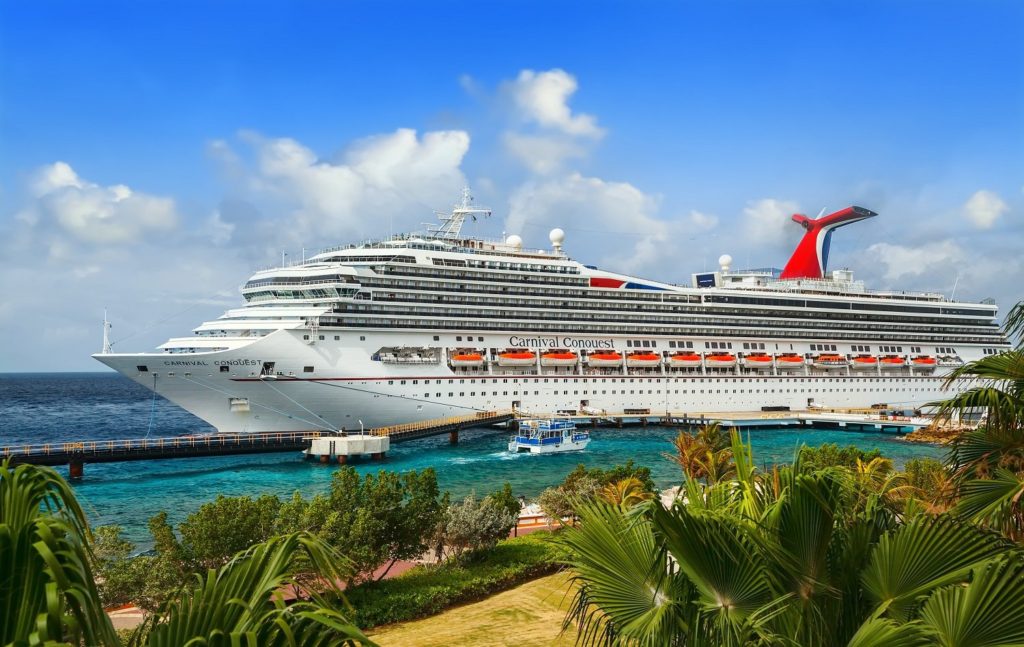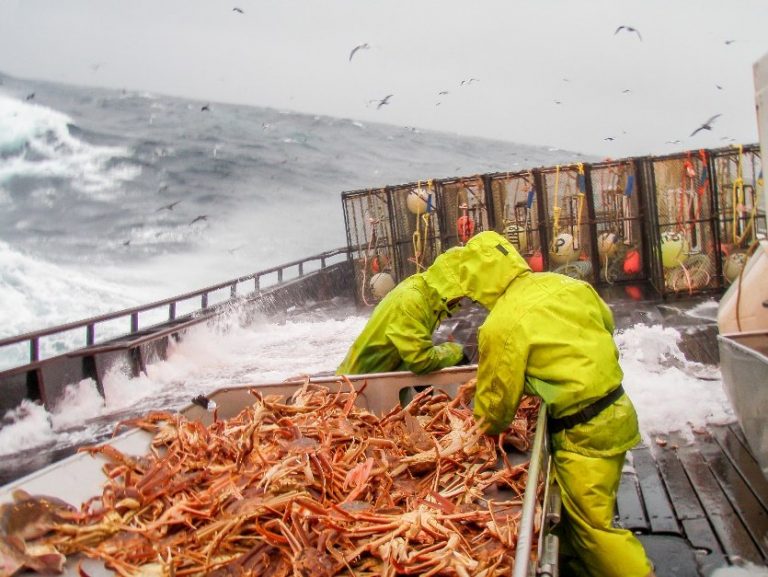Texas and other Gulf states provide easy access to cruise ships for fun and relaxing vacations. Yet, there are times when passengers could be involved in offshore accidents, leading to personal injuries. Sometimes, the cruise line could be held responsible for those injuries if they were negligent.
Common Cruise Ship Injuries
Cruising offers a fantastic opportunity for relaxation and adventure, but it’s important to be aware of potential risks. While onboard safety measures are generally excellent, accidents can still occur.
Here are some of the most common injuries passengers might encounter on a cruise ship:
- Slips and Falls: Often due to wet or uneven surfaces.
- Food Poisoning: Caused by contaminated food or poor food handling.
- Overexertion Injuries: From engaging in physical activities like sports or excursions.
- Sunburns: Common among passengers who spend a lot of time outdoors without sufficient sunscreen.
- Impact Injuries: From objects like swinging doors or items that fall and hit passengers.
Proving Negligence in an Accident on a Cruise Ship
Establishing negligence can be complex and difficult when the accident and resulting injuries are questionable, such as slipping, tripping, or falling. Sometimes it could be the result of clumsiness and, other times, it could be the result of negligence by the cruise ship.
For a slip, trip, or fall accident on a cruise, it is important to look around to see if there are warnings about slippery surfaces, thresholds, etc. Were there handrails? Were there warning signs posted? If not, then the cruise ship may be negligent.
Cruise Lines Are Also Responsible for Negligence Caused by Their Crews
There are even cases where passengers have been physically or sexually assaulted by crew members. While not as frequent as other types of accidents and injuries on cruise ships, the cruise line is still responsible for the conduct of its crew and could be found negligent if you are assaulted.
The cruise line could also be held negligent if a crew member is performing maintenance and does not take precautions to alert passengers. If passengers enter the area and are injured in some manner, then the cruise line can be held responsible.
What Happens If You Get Hurt On a Cruise Ship?
If you are injured on a cruise, the steps you take immediately following the incident are crucial for ensuring your safety and securing your rights.
Here’s what you should do after the incident:
- Get Medical Help: Go to the ship’s medical center immediately to have your injuries checked and treated.
- Document Everything: Take photos of the accident scene and gather contact details and statements from witnesses.
- Report the Injury: Inform the ship’s crew or security and make sure to get a copy of the accident report.
- Keep All Records: Save all documents related to your injury, such as medical reports and receipts.
- Consult a Lawyer: Consider talking to a lawyer who knows about maritime law to understand your rights and options for compensation.
Why Timely Filing of Cruise Ship Injury Claims Is Vital
In the case against Carnival Cruise Line for the ill-fated cruise on the Triumph on February 7, 2013, the Eleventh Circuit Court found the plaintiffs in the case did not follow the right procedures when filing their offshore injury claims. They also missed the deadline for filing their claims, as described in their cruise contract with Carnival Cruise Line.1

Even though it was clear a contractor working for Carnival Cruise Line was negligent, there was nothing the passengers could do since they missed the statute of limitations for filing a claim. As such, it is important to contact an offshore injury attorney as soon as possible if you believe negligence caused you to be injured on a cruise ship.
To learn more about cruise ship passenger rights or find out if you have grounds for an offshore injury claim, call Schechter, Shaffer & Harris, L.L.P. at 800-836-5830 for a free consultation.
Source:
1. http://media.ca11.uscourts.gov/opinions/unpub/files/201617081.pdf







